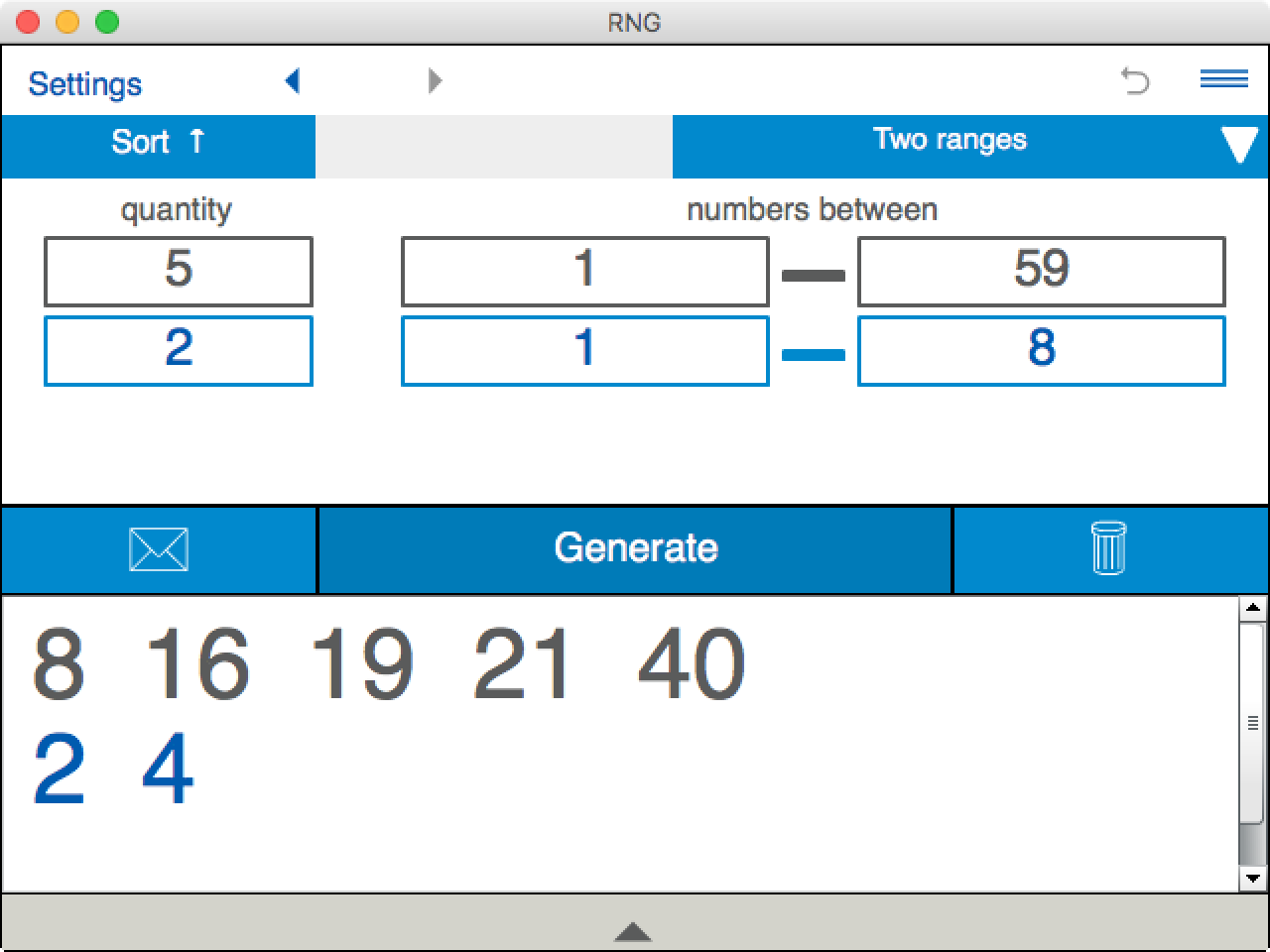One can define the function of their own way to estimate or generate the random number while there are inbuilt functions in any of the programming language that generates the random number. In the C programming language, we have a function called rand, which helps in generating the random number. One mathematical function in C programming that’s relatively easy to grasp is the rand function. It generates random numbers. Though that may seem silly, it’s the basis for just about every computer game ever invented. Random numbers are a big deal in programming. C, 0 c random number between 0 and 1, we divide the generated number by m. The random number generated will be used as seed value to generate next random number.
Std::randomdevice is a uniformly-distributed integer random number generator that produces non-deterministic random numbers. Std::randomdevice may be implemented in terms of an implementation-defined pseudo-random number engine if a non-deterministic source (e.g. A hardware device) is not available to the implementation. Dev-C, developed by Bloodshed Software, is a fully featured graphical IDE (Integrated Development Environment), which is able to create Windows or console-based C/C programs using the MinGW compiler system. MinGW (Minimalist GNU. for Windows) uses GCC (the GNU g compiler collection), which is essentially the same compiler system that is.

- Related Questions & Answers
- Selected Reading
In this article, we will be discussing the working, syntax, and examples of rand() and srand() function in C++ STL.
What is rand()?
rand() function is an inbuilt function in C++ STL, which is defined in <cstdlib> header file. rand() is used to generate a series of random numbers. We use this function when we want to generate a random number in our code.
Like we are making a game of ludo in C++ and we have to generate any random number between 1 and 6 so we can use rand() to generate a random number.
The random number is generated by using an algorithm that gives a series of non-relatednumbers whenever this function is called.
Like we want to generate a random number between 1-6 then we use this function like −
Generate Random Number Java
Num = rand() % 6 + 1;
Syntax
Parameters
The function accepts no parameter(s) −
Return value
This function returns an integer value between 0 to RAND_MAX.
Input
Output
Example
rand()
Output
If we run this code for the FIRST time output will be −
If we run this code for the Nth time output will be −
What is srand()?
srand() function is an inbuilt function in C++ STL, which is defined in <cstdlib> header file. srand() is used to initialise random number generators. This function gives a starting point for producing the pseudo-random integer series. The argument is passed as a seed for generating a pseudo-random number. Whenever a different seed value is used in srand the pseudo number generator can be expected to generate different series of results the same as rand().
Syntax

Parameters
The function accepts the following parameter(s) −
How To Generate Random Number In Dev C++ For Copy And Paste
seed − This is an integer that is used as seed by pseudo-random number generator.
Return value
This function returns a pseudo generated random number.

Input

Output
Example
srand()
Output
If we run this code for the FIRST time output will be −
If we run this code for the SECOND time output will be −